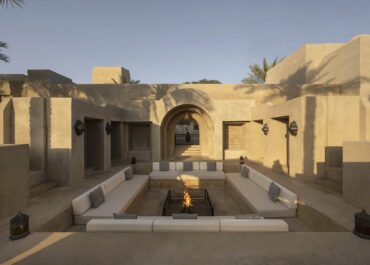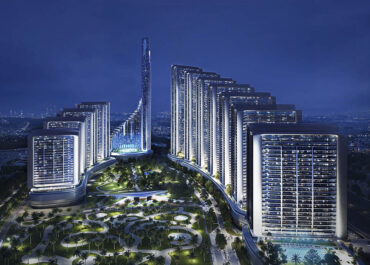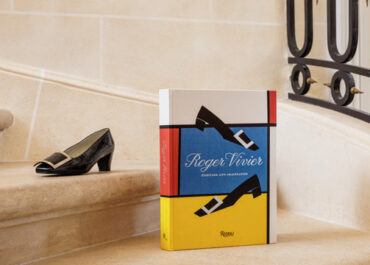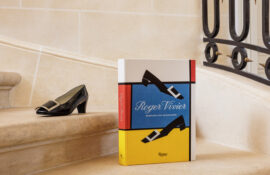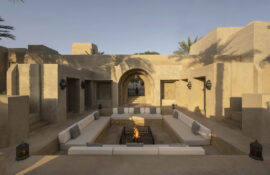From its delightful Mediterranean climate to its sophisticated al fresco dining scene, Lebanon is arguably one of the best countries in the region to explore during the summer months.
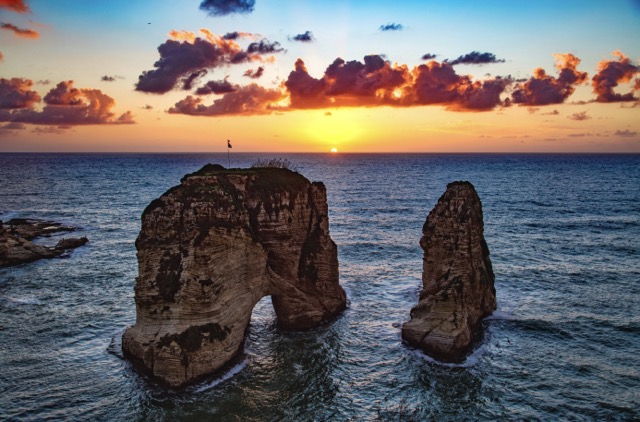
Beirut remains the country’s heartbeat, with high-end beach clubs lining its coast, rooftop lounges offering panoramic views, and a slew of luxury hotel properties and restaurants that effortlessly blend French, Levantine and modern influences. Just an hour’s drive from the capital, the mountains offer cooler temperatures and luxury boutique stays in destinations like Faraya and Broummana. The Chouf region, with its restored palaces and pine forests, provides both heritage and seclusion. In Batroun and Byblos, heritage hotels and private villas overlook the sea, ideal for travellers seeking privacy paired with centuries of history. Visa-free access for GCC nationals, combined with a short flight time and luxury stays, make Lebanon an excellent summer getaway. Here we explore the best hotels, restaurants and cultural spots to enjoy and this season.
Exploring Beirut
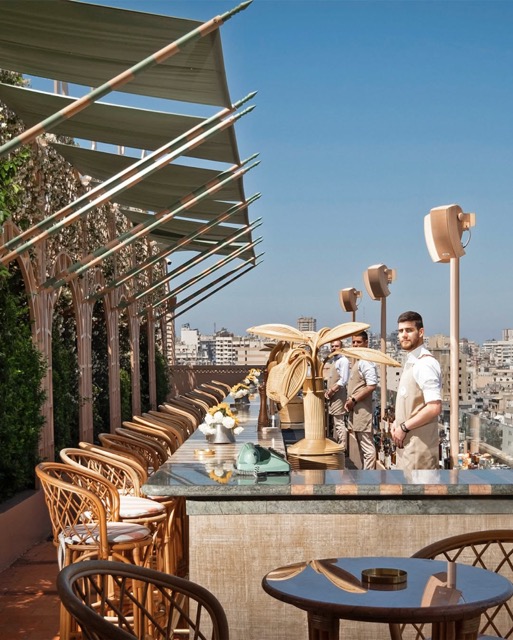
Beirut is home to internationally-recognised luxury properties. Albergo, the city’s Relais & Châteaux property, offers understated opulence with antique-filled suites and a rooftop pool that overlooks the skyline. Another recommended place to stay is Arthaus Beirut, a boutique hotel located in the creative quarter of Gemmayzeh. The hotel is built around Roman-era ruins and houses a curated collection of historical and contemporary art. It combines architectural heritage with modern design and a calm, private atmosphere. For those preferring grandeur on a larger scale, the InterContinental Phoenicia Beirut by IHG remains a landmark. First opened in the 1960s and fully reopened by mid-2023, the hotel has reclaimed its position as a centrepiece of Beirut’s hospitality. With sweeping views of the Corniche, a full-service spa and several dining venues, it offers all the hallmarks of a luxury stay. After nearly 50 years, the iconic St George’s Hotel has also reopened, restoring its art deco façade and unveiling a new annex called The View, which offers unobstructed access to the bay.
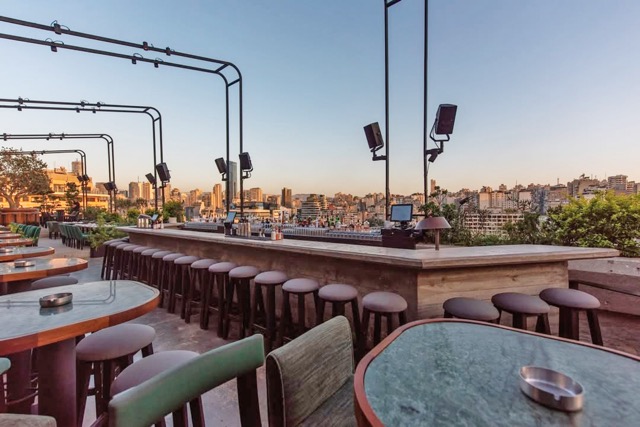
Beirut’s food and drink scene continues to evolve while retaining its relaxed, confident energy. Marly’s, a popular contemporary restaurant, attracts a local crowd with a modern menu and a low-key aesthetic suited to leisurely lunches and early dinners. Saifi Village, with its pastel-toned buildings and shaded lanes, is a quieter part of the city where independent cafés serve breakfast and coffee under vine-covered terraces. In the evenings, Capitole rooftop bar provides panoramic views across the sea and downtown. Its open-air lounge and light menu make it a favourite for sundowners.
Beirut in summer is best experienced by walking its layered urban landscape. A short circuit through the centre reveals a mosque, a cathedral and preserved Roman ruins within a few blocks of each other. The Corniche promenade extends towards Raouche where the Pigeon Rocks rise dramatically from the Mediterranean. Locals gather here at sunset and travellers can take in one of the city’s most photographed natural landmarks. For a more dynamic pace, Hamra and the Gemmayzeh–Mar Mikhaël corridor provide a casual mix of bookshops, street art, artisan cafés and nightlife. These areas stay lively until the small hours of the morning and remain the social heart of Beirut.
Seaside charm
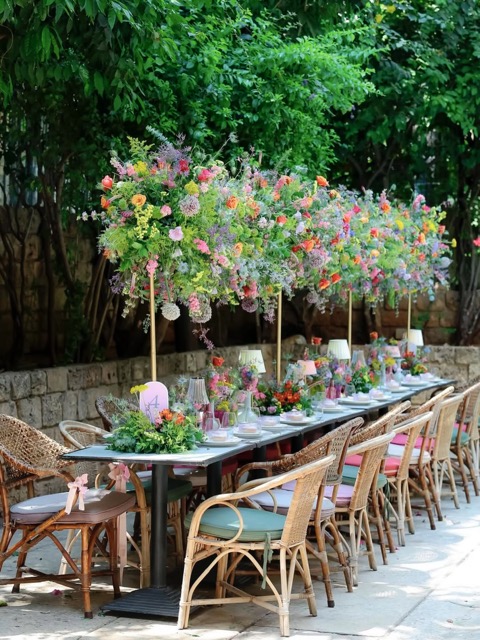
Just north of Beirut, a short coastal drive leads to some of Lebanon’s most appealing summer escapes. Batroun, once a quiet town, is now a prime destination for those looking for a relaxed yet stylish beachside break. Its waterfront is dotted with laid-back venues like Colonel, a lovely place for a drink with sea views. Also recommended are Butlers and Bar du Port, both known for their casual food, drinks and direct beach access. A short distance away is Fort Mseilha, an imposing medieval structure set on a rocky ridge, while Hilmi’s in Batroun town serves its signature artisanal lemonade in a shaded courtyard. Further north, Anfeh offers a slower pace with salt-marsh landscapes and simple whitewashed beach huts stretching out on a rocky peninsula, often compared to a Mediterranean island escape.
Byblos (Jbeil) adds a layer of cultural depth to the coastline. A recognised UNESCO World Heritage Site, the city combines ancient ruins, a Crusader castle and lively souks. At the harbour, waterfront restaurants like Pierre & Friends offer fresh seafood with views of moored fishing boats. Many visitors combine Byblos with a day trip to Jeita Grotto, known for its cathedral-like limestone caves, and the hilltop basilica at Harissa, overlooking the coast from above.
Mountain escapes
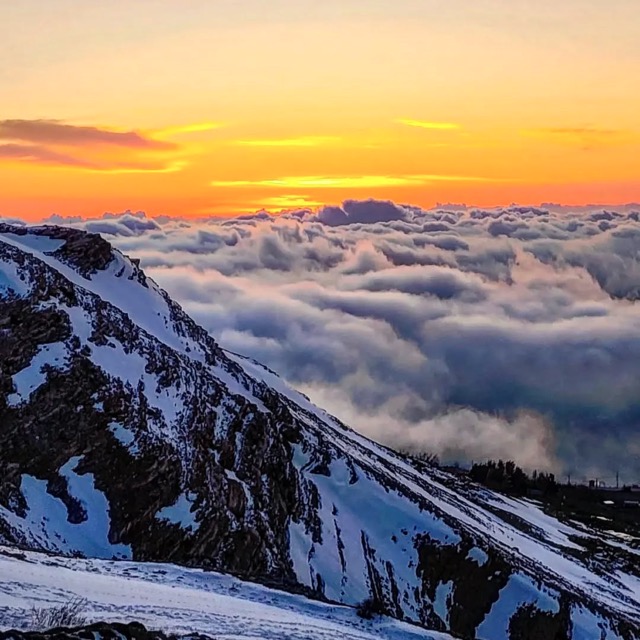
While visiting Lebanon, be sure to make time to visit the mountains, where there are plenty of delightful restaurants and breathtaking views. In Hrajel, BRUT by Youssef Akiki operates from mid-June to mid-September, offering a private farm-to-table dining experience in a secluded mountain cabin with panoramic views and locally sourced ingredients. Nearby in Faraya, Montagnou transforms into a summer retreat with alpine-style dining, seafood grills, and poolside relaxation just minutes from the slopes. South of Beirut, the Chouf mountains provide a different kind of luxury through history and landscape. Highlights include Moussa Castle, a hand-built fortress filled with traditional artefacts, and the 19th-century Beiteddine Palace, now a museum with intricate architecture and lush gardens. The nearby Al-Shouf Cedar Reserve offers walking trails through Lebanon’s most extensive cedar forest, perfect for a cooler escape from the coast. Whether for gourmet dining, cultural exploration or experiencing the outdoors, Lebanon offers discerning travellers a memorable summer combining some of the best aspects of the local region.






